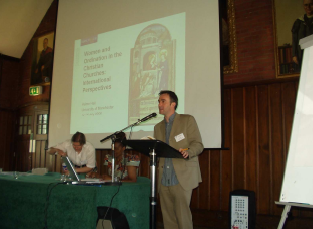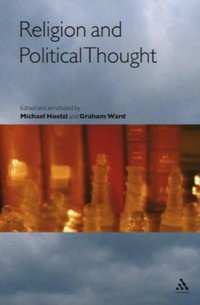Religion and the Welfare State Lecture Series
 December 10, 2007 in
December 10, 2007 in  CRPC,
CRPC,  New Visibility of Religion
New Visibility of Religion Four Lectures under the auspices of the Centre for Jewish Studies, the Centre for Religion and Political Culture and the Manchester Reform Synagogue.
The basic question addressed in this series was whether, or to what extent, the secular state has rendered the traditional welfare activities of faith communities redundant, or whether the latter are all the more needed given the increasing (?) weaknesses of the welfare state.
Click here for a PDF poster. As well, the links below will download Mp3 files of the lectures.
Thursday 11 October 2007: Clive Lawton
- “Judaism: Religion or Welfare State?” (mp3) chaired by Reuven Silverman; welcome by Alistair Ulph, the Dean of the Faculty of Humanities.
Wednesday 24 October 2007: Graham Ward
- “Poverty and Piety: On the Loss of a Civic Virtue” (mp3) chaired by Max Elstein
Thursday 8 November 2007: Imtiaz Husain
- “Religion and the Welfare State: a Muslim perspective”(mp3) chaired by David Berkley
Thursday 22 November 2007: Michael Hoelzl
- “Solidarity and Altruism: Who is Running the Extra Mile in a Secular State?” (mp3) chaired by Bernard Jackson
All lectures commence at 6.00 p.m. in the Arts Lecture Theatre, Samuel Alexander Building, Oxford Road, and will be followed by discussion and a reception.
 Email |
Email |  Post a Comment
Post a Comment 


